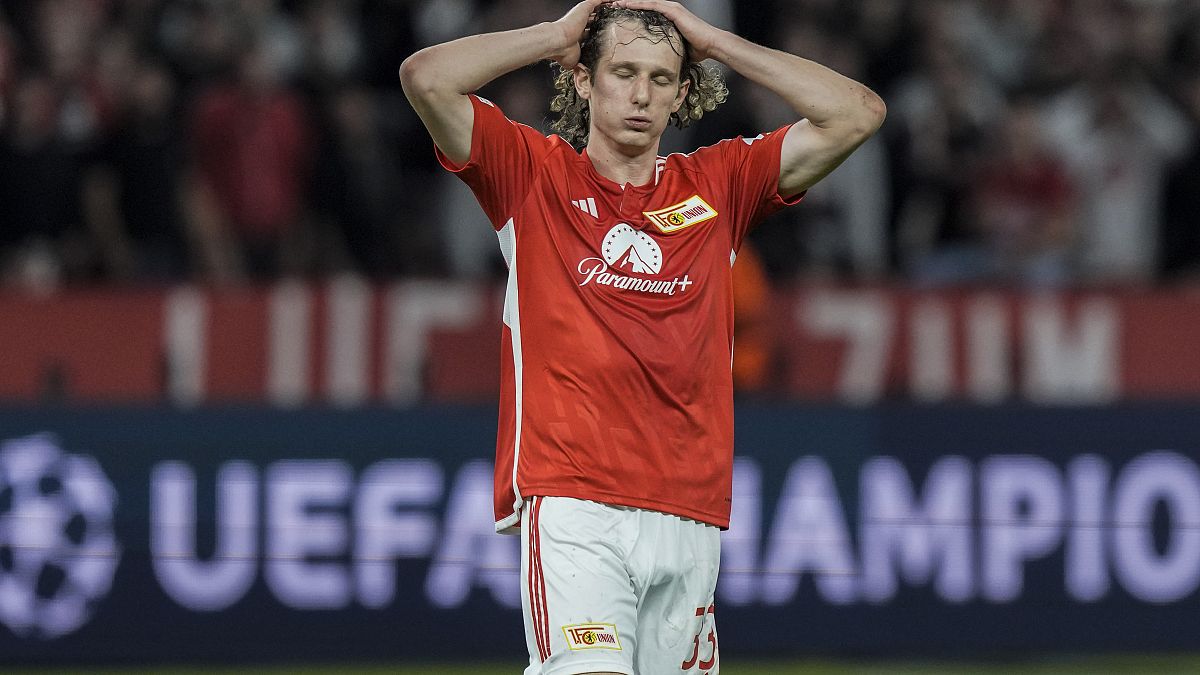23 years after the Bosman ruling, another Luxembourg-based European Court of Justice (ECJ) judgment has shaken the foundations of European football as we know it. But what are its effects?
Counter to the thrust of headlines surrounding today’s finding by the European Court of Justice (ECJ) on UEFA and FIFA, the Court stressed that its finding did not constitute an endorsement of the Super League project.
“The Court confirmed that this has never been a case about Super League but rather about UEFA powers and their extent,” said Miguel Poiares Maduro, Professor of Law at the European University Institute of Florence.
The Court ruled in quite unambiguous terms that UEFA's practices amounted to an abuse of a dominant position.
“There's a clear message by the Court that bodies with regulatory or quasi-regulatory powers are going to be scrutinised – and very closely – under EU competition law,” Pablo Ibáñez Colomo, Jean Monnet chair in competition and regulation at London School of Economics (LSE), told Euronews.
According to Colomo, such strict scrutiny will apply from now on to an authority, a sporting body or even when a group of companies are in a position akin to that of a regulatory body.
“The message from the Court to sport governing bodies was very clear: remember that you’re companies and you’re subject to competition law,” according to competition lawyer Viktoria Tsvetanova, associate in the Dentons competition team.
The ruling seems to re-establish the predominance of competition rules, contradicting exemptions from the antitrust framework for European sports bodies mooted in an opinion of the ECJ Advocate General Athanasios Rantos on the case in December 2022.
Rantos found a special “constitutional recognition” applied to sports through Article 165 of the Treaty on Functioning of the European Union (TFEU) which refers to the commitment of the bloc to “developing the European dimension in sport, by providing fairness and openness in competitions and cooperation between bodies responsible for sports”.
“His interpretation was brutally rejected by the Court and pretty clearly,” according to Dr Antoine Duval, a senior researcher at the Asser Institute for International and European Law, adding that Article 165 was not even mentioned once in the ruling.
But what does the ruling mean in practice?
UEFA needs a tweak
According to lawyer Tsvetanova, the main implication of the ruling is that sport governing bodies needs to revisit their rules, particularly on the authorisation of events, sanctions for players and clubs, arbitration provisions, and their exclusive jurisdiction.
“There is a narrow reading which means that, in a sense, now UEFA/FIFA will have to inevitably rethink some of their practices,” echoed Professor Colomo, saying that other sporting bodies have grown on a monopolistic or quasi-monopolistic pyramid structure that set the rules for all within those sports.
However, Europe’s football governing body downplayed the impact of the ruling, stressing following the judgment that it was no endorsement or validation of the Super League.
According to UEFA, the ruling underlines shortcomings within the body’s authorisation framework that have already been acknowledged and were addressed in June 2022.
“UEFA is confident in the robustness of its new rules, and specifically that they comply with all relevant European laws and regulations,” the body said in the statement.
“I’m concerned with this initial reaction that underestimates the extent of the reform they have to undertake in order to fulfil the Court’s requirements,” commented Maduro, himself a former FIFA official.
The Court clearly recognised the importance of sports and of a model with a pyramid structure with an organisation at the top entrusted with regulatory and licensing powers, Maduro said, adding: “What the Court assesses in a very negative manner is the way Uefa currently exercise their regulatory and licensing powers as they are conducive to arbitrary discriminatory aspects.”
An open door
The other main consequence of the ruling is that it opens the door for any other organisation that might conjure alternative models, Maduro continued.
“If these alternative models proved to be better than UEFA in distributing the income of the competition, for instance, then UEFA cannot make their system prevail in an arbitrary manner,” he said.
Immediately after the ruling, the features of a revamped European Super League project were unveiled by Bernd Reichman, CEO of the sport developer company A22.
“There is big news today and it is that football is free. Free from the monopoly of UEFA, free to pursue the best ideas without fear of sanctions,” he said outlining that the main novelties of the new European Super League proposal are that it includes promotions and relegations, as well as the possibility to stream all the matches for free.
However, several football clubs including Paris Saint-Germain, Bayern Munich, Manchester United, Atletico Madrid, and AS Roma publicly released statements today distancing themselves from the project, saying they would never join it.
Despite scepticism about the Super League, the ruling seems a landmark moment in terms of possibilities for setting up alternative competitions.
“I think that the bargaining power has shifted to some extent,” said Colomo, who stressed that the ruling could lead to “a natural inclination on the part of some actors within the pyramid to challenge some of the rules.”
For Colomo, this will not be limited to football as it will be an invitation for many to challenge some practices whenever they believe that an organisation is in a position comparable to FIFA, or any regulatory body in general breaches their rights.
